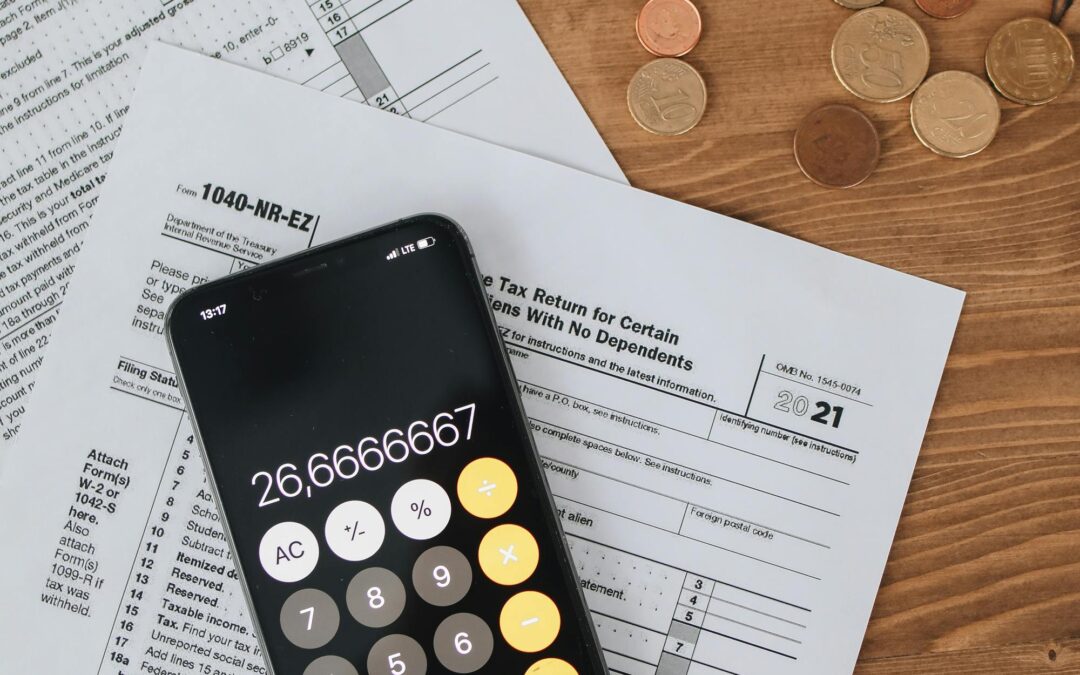
by Gina Epps BFP ACA | Jul 8, 2020 | Accountancy
Our latest newsletter covers: Second Self Employed Grant Deferring the July SA tax payment Flexible furlough scheme Correcting furlough claim errors Opening your first Amazon Seller Account Protecting your business from fraud Helping your employees feel safe at work...

by Gina Epps BFP ACA | May 7, 2020 | Accountancy
Online Personal Tax Accounts are regularly useful to our clients wanting to view their State Pension Forecast, National Insurance record, Employment Income records, Self Assessment liabilities etc. However they are now an almost essential first step for submitting an...

by Gina Epps BFP ACA | May 7, 2020 | Accountancy
This new scheme is targeted at small and medium size businesses. You can apply to borrow between £2,000 and up to 25% of turnover, with a cap of £50,000. No repayments are due for the first 12 months of loan, and after then interest accrues at 2.5% per...
by Gina Epps BFP ACA | May 7, 2020 | Accountancy
HMRC have this week announced that the much anticipated grant for the self employed (SEISS) is almost here. We have put together the below step-by-step guide on how to prepare NOW for the application and then how to make the application from 13...
by Gina Epps BFP ACA | Mar 26, 2020 | Accountancy
Cash grants for self-employed – cash grant of up to 80% of your average trading profits, capped at £2,500 per month. This scheme will run for the next 3 months March, April and May, and will be extended longer if necessary. You are eligible for the grant:-...




